The World Bank and the Common Market for Eastern and Southern Africa (COMESA) have launched the US$5 billion Accelerating Sustainable and Clean Energy Access Transformation (ASCENT) Project.
The project earmarks US$5 billion from the International Development Association (IDA) and aims to leverage a further US$10 billion from other partners for investment in grid and distributed renewable energy.
Energy Minister, Peter Kapala, launched the project alongside COMESA Secretary-General, Chileshe Kapwepwe, and World Bank Director of Regional Integration for Africa, Middle East and North Africa, Boutheina Guermazi.
Kapwepwe urged governments to create conducive environments that encouraged private sector participation, streamline regulatory procedures and offer incentives for smart and renewable energy investments.
“The ASCENT Project aims to capture all facets of energy access interventions, encompassing innovative financing, policy enhancement, project preparation support, gender dimensions and climate change,” she said.
Kapwepwe highlighted that Africa continues to lag in energy access, with the International Energy Agency (IEA) estimating that more than 600 million people in sub-Saharan Africa still lack electricity.
She stated that rural populations, typically the poorest, are hardest hit, with millions of Africans still dependent on traditional energy sources such as biomass, kerosene and diesel for cooking, lighting and heating.
“According to the African Development Bank, lack of clean energy is why about 300,000 women die every year trying to cook food,” Kapwepwe said.
In addition to the ASCENT Project, COMESA is implementing two other World Bank-supported projects: the Regional Infrastructure Finance Facility (RIFF) Project and the Great Lakes Trade Facilitation and Integration Project.
Kapwepwe noted that the two institutions were currently engaged in negotiations to launch another significant initiative called Inclusive Digitalization in Eastern and Southern Africa (IDEA).
“Resolving the energy access challenge in Africa requires substantial investments, particularly in energy production, power transmission and decentralized energy solutions,” she stated.
Kapwepwe added that, according to the African Development Bank, an annual investment of US$35 billion was required to achieve universal energy access in Africa by 2030, far exceeding current investment levels.
Energy Minister Kapala said the lack of access to sustainable energy deprived individuals and families of quality health and education services, social welfare, and economic development.
“For women and children who bear the brunt of energy poverty, this means spending long hours fetching firewood and exposure to hazardous gases,” the minister stated.
He underscored the need to create financial instruments and frameworks to mobilize the necessary resources for sustainable energy.
World Bank Director of Regional Integration for Africa, the Middle East, and North Africa, Boutheina Guermazi, remarked that ensuring access to reliable and affordable energy for all was a key element of the World Bank Regional Integration Strategy for Africa.
She described the ASCENT programme as a flagship initiative and a game-changer, aiming to help countries provide electricity to 100 million people across Eastern and Southern Africa by 2030.
WARNING! All rights reserved. This material, and other digital content on this website, may not be reproduced, published, broadcast, rewritten or redistributed in whole or in part without prior express permission from ZAMBIA MONITOR.


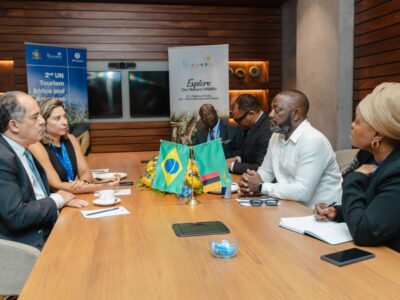
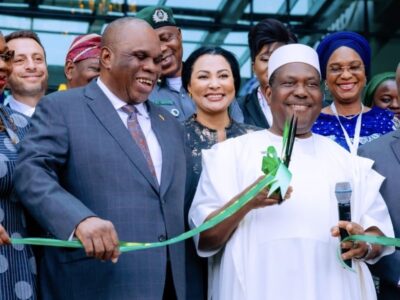
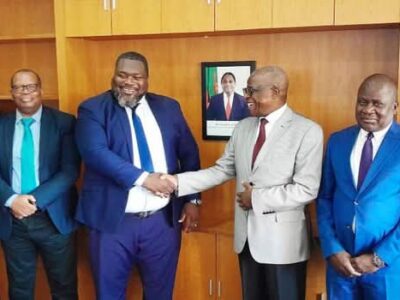
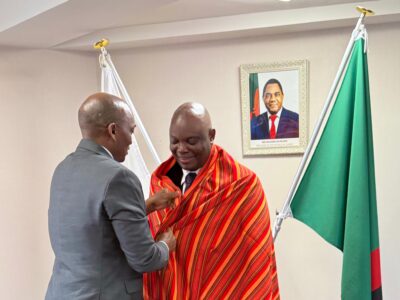
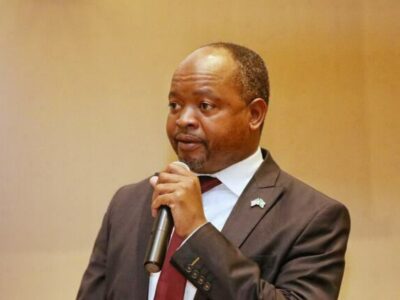
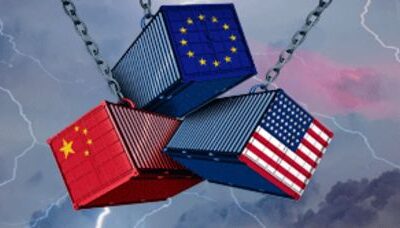




Comments